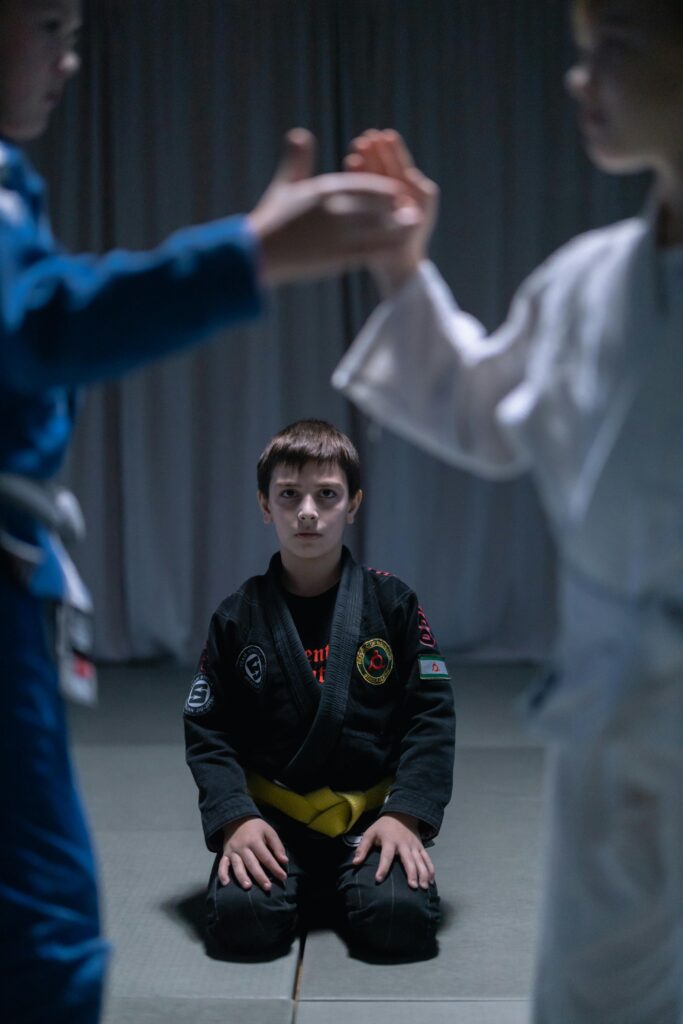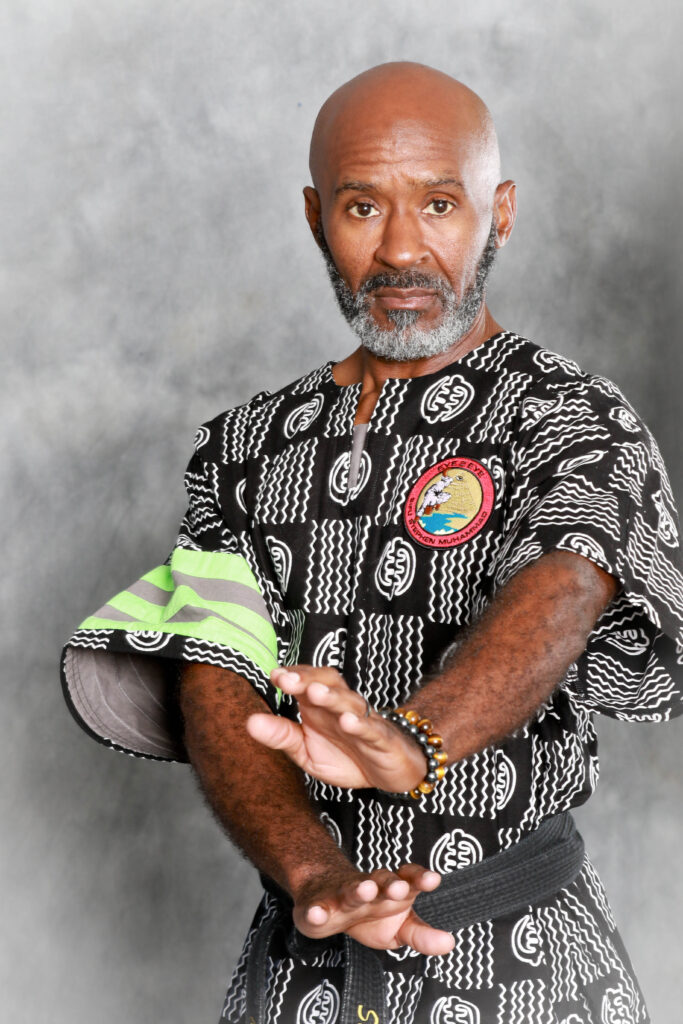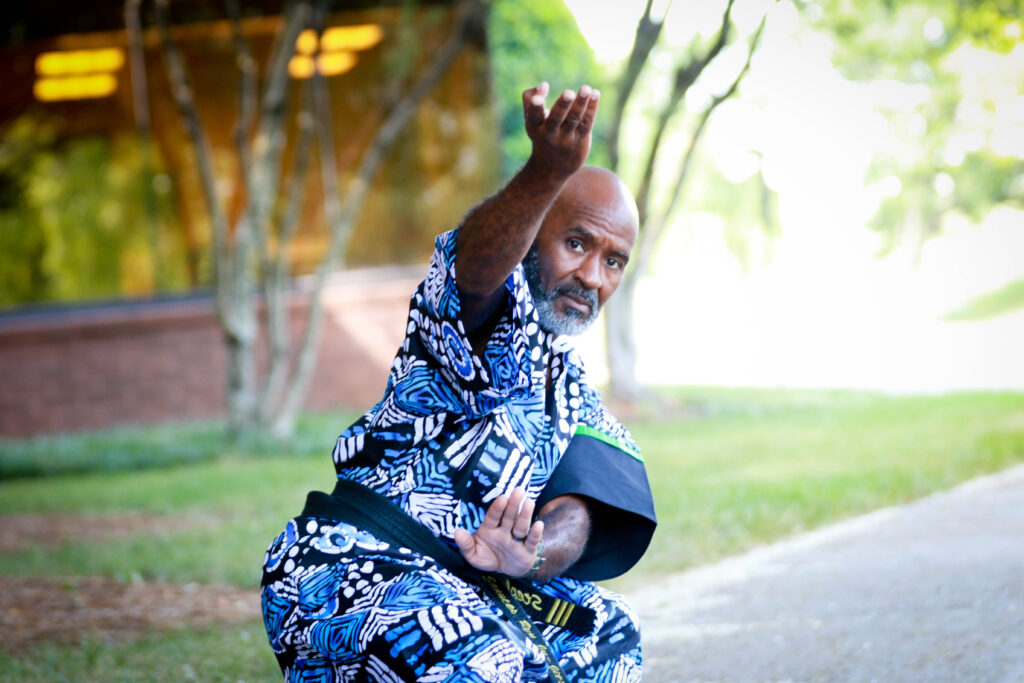When I see children participating in physical activities—whether it’s running around the park, playing sports, or practicing martial arts—one thing becomes clear: physical fitness is more than just a way to stay healthy. It’s a powerful tool that nurtures their emotional well-being.
Kids who are physically active tend to be happier, more confident, and emotionally resilient. The connection between physical fitness and emotional well-being in kids is undeniable, and it’s something every parent and educator should be aware of.
Understanding the Link Between Physical Fitness and Emotional Health
Emotional well-being in kids is about more than just feeling happy. It’s about having the mental strength to cope with challenges, handle social situations, and manage stress effectively.
When kids are physically active, it triggers chemical reactions in the brain that influence their mood and behavior. For example, exercise helps release serotonin and endorphins, the “feel-good” hormones that boost mood and reduce stress.
Physical fitness also plays a role in reducing anxiety and depression in children. Studies show that regular physical activity can significantly lower the chances of experiencing these issues.
I’ve seen kids who used to struggle with anxiety become more relaxed and confident after they started engaging in regular physical activities like youth self-defense classes or team sports.
Physical Fitness Benefits for Children’s Emotional Well-being
Physical fitness offers numerous emotional benefits for kids. Beyond keeping their bodies strong, it helps build a sense of inner strength, emotional resilience, and self-worth. Let’s break down some of these benefits.
Boosting Self-Esteem and Confidence
Every time a child reaches a physical milestone—whether it’s mastering a new martial arts technique or completing a race—it boosts their confidence. Achieving these goals shows them that they are capable, which translates into increased self-esteem. I’ve noticed kids transform as they start hitting these milestones. They walk taller, speak more confidently, and start believing in their abilities.
Developing Resilience and Coping Mechanisms
Kids face challenges daily, from academic pressures to social difficulties. Physical activities teach children to handle setbacks, such as losing a game or failing to execute a move correctly.
These small failures in a controlled environment help them develop resilience and the ability to bounce back, a skill that’s crucial for coping with more significant challenges later in life.
Enhancing Social Skills and Reducing Loneliness
Participating in group activities, such as Brazilian Jiu-Jitsu classes or team sports, gives kids opportunities to communicate, collaborate, and build friendships.
Social interaction in these settings helps them develop better social skills and a sense of belonging, reducing feelings of loneliness and isolation. I’ve watched kids who were shy and reserved open up and become more outgoing once they found themselves in a supportive group environment.
How Different Types of Physical Activities Impact Emotional Health
Not all physical activities affect emotional health in the same way. Different exercises offer unique benefits, and it’s important to explore various options to see what works best for your child.
Aerobic Exercises and Stress Reduction
Activities like running, swimming, and cycling are excellent for reducing stress. They elevate heart rate and promote the release of endorphins, which help kids feel more relaxed and focused. A simple 20-minute run can do wonders in clearing their minds and putting them in a better mood.
Strength Training for Emotional Resilience
Strength training, whether through lifting weights or bodyweight exercises, is not just about building muscles. It’s also about building emotional strength. When children see themselves getting stronger, they feel empowered. They learn to push through discomfort and set achievable goals, which builds a sense of accomplishment and resilience.
The Role of Mind-Body Practices Like Yoga and Martial Arts
Mind-body activities like yoga and martial arts offer a unique blend of physical and mental benefits. These activities teach mindfulness, focus, and self-discipline.
I’ve seen children in our classes learn to control their emotions and reactions through breathing techniques and controlled movements. These skills translate into better emotional regulation and mental clarity.
Tips for Encouraging Physical Activity in Children for Better Emotional Health
It’s not always easy to get kids off the couch and moving, especially with the many distractions like video games and social media. However, there are ways to make physical activity a regular part of their lives and ensure they reap the emotional benefits.
Create a Positive and Fun Environment
Make exercise enjoyable rather than a chore. Choose activities your child naturally enjoys, whether it’s joining a local self-defense class or playing basketball in the driveway.
Set Realistic Goals and Celebrate Achievements
Help your child set small, achievable goals and celebrate each milestone they reach. Even completing a short walk around the neighborhood is worth celebrating. This positive reinforcement keeps them motivated and shows them the value of consistency.
Explore a Variety of Activities to Keep Kids Engaged
Kids get bored quickly, so offering a variety of physical activities can help keep them engaged. Martial arts, like Brazilian Jiu-Jitsu, can be a great alternative to traditional sports because it provides both physical and mental stimulation. The options are endless—just find what sparks their interest.
Balance Physical Activity with Rest and Recovery
Just as physical activity is important, so is rest. Ensure your child has time to rest and recover. This balance helps prevent burnout and keeps them enthusiastic about staying active.
How Parents and Educators Can Support Physical and Emotional Well-being in Kids
Parents and educators play a vital role in fostering both physical and emotional health in children. Your involvement can make all the difference.
- Encouraging Participation and Leading by Example: Kids are more likely to stay active if they see the adults in their lives doing the same. Engage in activities together—go for a walk, do a yoga session, or join a class as a family. Your participation shows them that physical activity is a natural and enjoyable part of life.
- Creating a Supportive and Safe Environment for Active Play: Make sure there’s a safe space for kids to participate in physical activities. This could mean enrolling them in structured programs like self-defense classes or ensuring they have access to safe playgrounds and sports facilities.
Providing positive reinforcement and being patient as they explore different activities can help build a strong foundation for a lifelong appreciation of fitness.
The Role of Structured Fitness Programs in Enhancing Emotional Health
Structured programs, like martial arts or self-defense classes, offer a unique approach to enhancing emotional health. Unlike unstructured play, these programs are designed to teach kids discipline, respect, and focus while also providing the physical benefits of exercise.
For example, our Young Tiger Class or Teen Self-Defense programs at Eye2Eye Combat don’t just focus on teaching kicks and punches. They emphasize emotional regulation, strategic thinking, and building self-confidence.
I’ve seen how these classes help children understand the importance of respect for themselves and others, which translates into more positive interactions outside of class.
Structured programs also create a sense of community. Kids feel like they’re part of something bigger, and this sense of belonging can significantly improve their emotional well-being. When they know they have a supportive group cheering them on, it boosts their self-esteem and overall happiness.
Ready to See Your Child’s Confidence Soar? Discover How Eye2Eye Combat Can Help!
Physical fitness and emotional well-being go hand in hand, and I’ve seen how the right environment can make all the difference in a child’s life. By encouraging kids to stay active, you’re not just improving their physical health; you’re helping them develop emotional resilience, self-confidence, and valuable social skills.
At Eye2Eye Combat, we understand the unique needs of children and have designed our programs to help them thrive both mentally and physically. Our classes, like the Young Tiger Class or Teen Self-Defense, provide a safe space for kids to grow, learn, and find their inner strength.
If you’re looking to support your child’s development in a meaningful way, consider exploring our diverse range of classes. From martial arts to self-defense, each class is tailored to bring out the best in your child.
Join our community today and watch as they grow into stronger, more confident individuals. Let’s make physical fitness a stepping stone to a brighter, happier future for your child—visit us at Eye2Eye Combat and see the transformation firsthand!
FAQs
How does fitness help children’s emotional well-being?
Fitness plays a huge role in shaping children’s emotional well-being. When kids are active, they experience mood-boosting effects due to the release of chemicals like endorphins and serotonin. It’s like a natural happiness boost that helps reduce stress and anxiety.
I’ve seen children become more confident and less anxious after getting into a regular fitness routine. Physical activities like sports, martial arts, or even just running around with friends also teach them valuable skills like perseverance and coping, which help them handle life’s challenges better.
What is the link between physical activity and emotional well-being?
The link between physical activity and emotional well-being is more powerful than most people realize. When children engage in activities that get their bodies moving, they’re not just burning off energy. They’re also balancing chemicals in their brains that promote happiness and reduce anxiety.
Regular exercise helps kids sleep better, feel less stressed, and approach daily challenges with more resilience and confidence. The sense of accomplishment they get from achieving fitness goals can also give their self-esteem a solid boost, which positively impacts their overall emotional health.
What is the relationship between physical and emotional wellness?
Physical and emotional wellness are deeply connected. When children are physically active, it doesn’t just benefit their bodies; it nurtures their minds too. Exercise helps manage stress, reduce symptoms of anxiety and depression, and boost overall mood.
Think of it like a cycle: when kids feel good physically, they’re more likely to feel positive emotionally. And when they’re emotionally balanced, they’re more motivated to stay active and engaged. It’s a relationship that feeds into itself, promoting a healthier, happier lifestyle for kids in the long run.
What is the relationship between physical and mental health in children?
Physical and mental health in children are like two sides of the same coin—they influence each other more than you might think. When kids get moving through activities like sports or martial arts, they not only build stronger bodies but also healthier minds.
Physical activity promotes better concentration, improves mood, and reduces the risk of emotional issues like depression and anxiety. I’ve noticed that kids who regularly exercise are often more focused, less stressed, and show greater emotional resilience compared to their less active peers.





